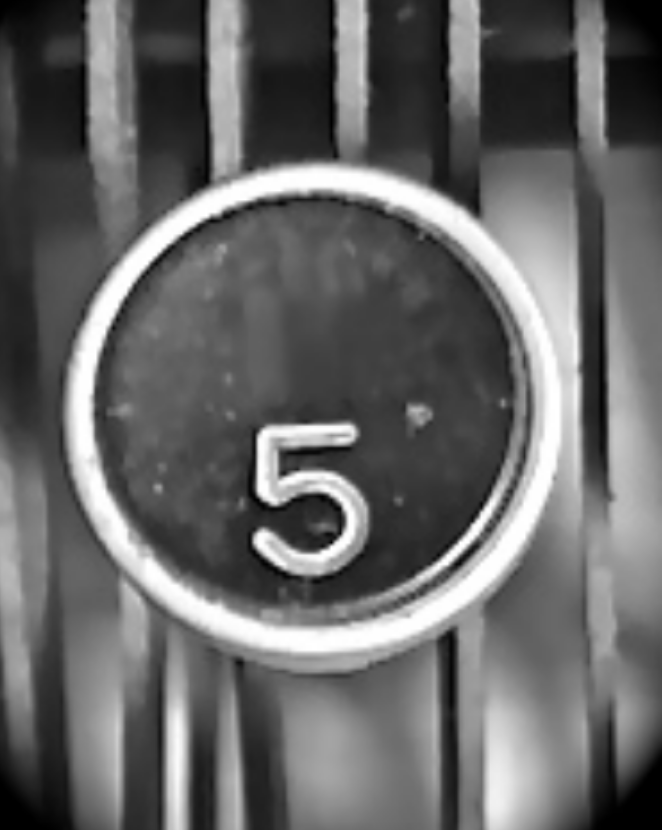5 HOT BOOKS: The Glamour of WW II Journalism, a Woman Who was Emancipated, and More
/1. Last Call at the Hotel Imperial: The Reporters Who Took On a World at War by Deborah Cohen (Random House)
“ ‘We were scavengers, buzzards, out to get the news, no matter whose wings got clipped,’ John Gunther wrote years later of his world-famous coterie of American correspondents,” writes Cohen in her brilliant ensemble drama, which is to be savored like a perfect dry martini at the bar of Vienna’s Hotel Imperial. Correspondents Gunther, Dorothy Thompson, Vincent “Jimmy” Sheean, and H.R. Knickerbocker arrived in Europe as one world war ended and another loomed on the horizon. As they witnessed the rise of fascism and debated communism, the Spanish Civil War, and the Middle East, they led readers back home to reimagine America in the world. They shared a conviction that the idea of journalistic objectivity should be challenged because truth was more important, as Sheean put it, than a “litany of facts,” and they wrote what they felt and thought about the world in crisis. With her extraordinary powers of perception, distinctive literary style, and deep archival revelations that illuminate the personal as political, Cohen captures these writers in the swirl of infidelity, love, and rivalry.
2. To Walk About in Freedom: The Long Emancipation of Priscilla Joyner by Carole Emberton (W. W. Norton)
Priscilla Joyner, born in 1858 to a white woman and an unnamed man she believed to be Black in North Carolina, was part of what historian Emberton describes as the “charter generation” who experienced abolition of slavery, Reconstruction and Jim Crow. Artfully building on Joyner’s interview with the New Deal’s Slave Narratives of Federal Writers Project, Emberton captures not only the horrors of slavery but its afterlife. Contextualizing Joyner’s contradictory life deftly and with insight, Emberton also conveys how the FWP shaped the narratives.
3. Come Fly the World: The Jet-Age Story of the Women of Pan Am by Julia Cooke (Mariner)
Pan American World Airways’ distinctive blue-and-white logo was seen internationally and was synonymous with jet-age luxury until its 1991 bankruptcy. In her new social history Cooke, the daughter of a past Pan Am lawyer, tells the story of its earlier decades through a set of flight attendants, then known as stewardesses. Cooke colorfully details Pan Am’s hiring selectivity (3-5 percent) and employment demands (monthly weigh-ins, for instance) in this Mad Men era – and also weaves into her account how the work led to independence and literally was a gateway to the world. The Vietnam War raged, and through its ties to the U.S. government Pan Am provided discounted airfare so that troops could travel, which required these stewardesses to deal with injured soldiers and to rise to the challenge of Operation Babylift, transporting thousands of infants and children out of Saigon in a way that transformed them all.
4. Mecca by Susan Straight (Farrar, Straus & Giroux)
Straight, bard of the Inland Empire with novels like National Book Award finalist Highwire Moon and now the engaging, accomplished Mecca, shines her spotlight on this part of Southern California with its Santa Ana winds and orange groves, far from Hollywood glamour. In her accomplished, ambitious novel, Straight’s entwined cast of sharply drawn characters – including a middle-aged motorcycle cop, a neonatal nurse, and a young, undocumented woman working as a maid – share a heritage of the region’s Spanish settlers and Indigenous people, and are deeply rooted to a place plagued with environmental disasters, like brush fires, and human threats like police brutality and ICE raids. In her artfully constructed, propulsive novel, Straight challenges the myth of rugged cowboy independence in the West and renders an invisible world with compassion.
5. Fencing with the King by Diana Abu-Jaber (W. W. Norton)
Abu-Jaber’s rich and intelligent novel features a recently divorced professor who accompanies her immigrant father from Syracuse, New York, on a return to Jordan for King Hussein’s birthday celebration in 1995. A fencer, he had been a favored sparring partner of the king years before, and his brother remained in Jordan as an adviser. Abu-Jaber vividly captures Jordan’s history, its glory as well as its authoritarian impulses and its stratified class structure, and the family’s fraught family dynamics involving the professor’s father, his brother, and her mysterious late grandmother.










